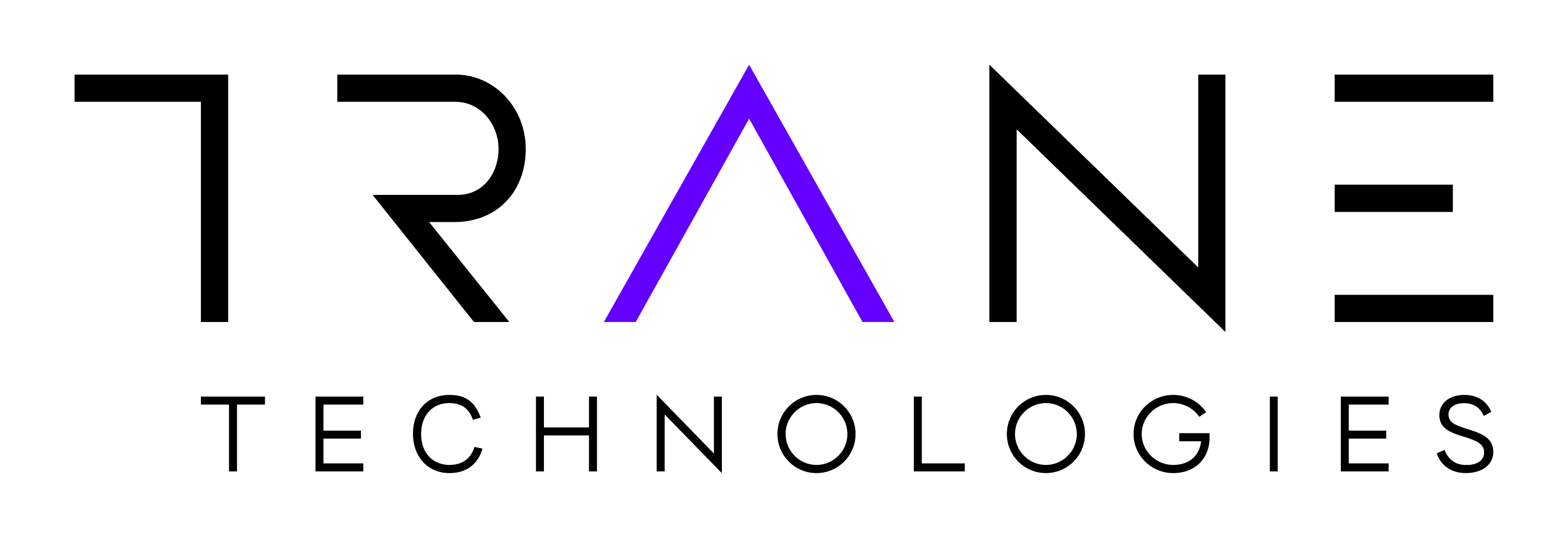Ingersoll Rand Honored with Outstanding Employee Engagement Practices and Green Teams Award from the Institute for Sustainable Enterprise (ISE)
In recognition of the company’s focus on empowering employees worldwide to increase sustainability actions, Ingersoll Rand received the Outstanding Employee Engagement Practices & Green Teams Award from the Institute for Sustainable Enterprise (ISE). Part of Fairleigh Dickenson University’s Silberman College of Business, the ISE thought-leadership research group educates current and future leaders about managing sustainability through products, processes and services that benefit organizations, people and the planet.
Gretchen Digby, director of Global Sustainability Programs, Center for Energy Efficiency & Sustainability (CEES) at Ingersoll Rand, proudly accepted the award presented by Jeana Wirtenberg, Ph.D., ISE senior advisor, at a ceremony held in April. The ceremony was part of a 100 percent green/carbon-neutral event celebrating the ISE’s 10th year as a catalyst for sustainable enterprise in New Jersey and surrounding areas, and the 25th anniversary of the college’s Center for Human Resource Management Studies (CHRMS).
Ingersoll Rand provided additional support by sponsoring the event, which will help fund scholarships for students studying sustainability. Congratulations to fellow award winners Hackensack University Medical Center, Alcoa Howmet, Advanced Solar, PSE&G, NJPACE, Verizon, Sustainable Morristown, BASF, and Wakefern ShopRite.
This overview of Ingersoll Rand employee engagement and Green Team initiatives describes actions that contributed to the company receiving this esteemed award:
Steering a large company like Ingersoll Rand, a world leader in creating comfortable, sustainable and efficient environments, toward sustainability is largely a matter of changing behavior. Success can only come when people are passionate, educated and engaged in making positive change happen on an individual level. We encourage all Ingersoll Rand employees to incorporate sustainable practices into their everyday work lives. The core of this effort is a repeatable framework for successful waste reduction and energy efficiency improvement, including tools, templates and guides that can be implemented and measured consistently across our organization.
Five years ago we established the Ingersoll Rand Green Team network, which consists of more than 85 teams across the globe. Collaborating internally and partnering with community groups to advance our sustainability objectives, Green Teams have made significant contributions in a number of areas:
- More than 80 billion BTUs of energy saved
- Nearly 6 million gallons of water saved
- More than 6 million pounds of waste to landfill avoided.
In 2014 we launched Glocal (global + local), a program to encourage employees to partner with community groups as a way to advance Ingersoll Rand’s social sustainability efforts, nurture authentic engagement, and build local enterprise relationships. At each Glocal site, our employees leverage the power of volunteerism to address regional social and environmental challenges, building capabilities for action within the local communities and making a lasting impact where Ingersoll Rand people live and work.
In addition to these efforts, Ingersoll Rand, a world leader in creating comfortable, sustainable and efficient environments, made a Climate Commitment to reduce greenhouse gas (GHG) emissions from its products and operations by 2030. The Ingersoll Rand Climate Commitment pledges to:
- Cut the refrigerant GHG footprint of its products by 50 percent by 2020 and incorporate lower GWP alternatives across its portfolio by 2030;
- Invest $500 million in product-related research and development over the next five years to fund the long-term reduction of GHG emissions; and
- Reduce company operations-related GHG emissions by 35 percent by 2020.
To date, the company’s Climate Commitment has supported the avoidance of approximately 2 million metric tons of CO2e globally, which is the equivalent of avoiding annual CO2 emissions from energy used in more than 270,000 homes or more than 2.1 billion pounds of coal burned. By 2030, the company expects to reduce its carbon footprint by 50 million metric tons.




